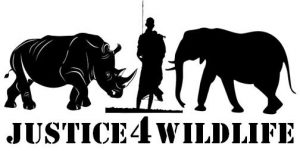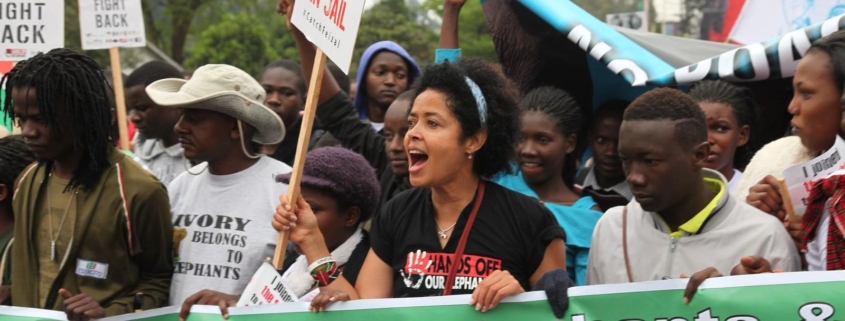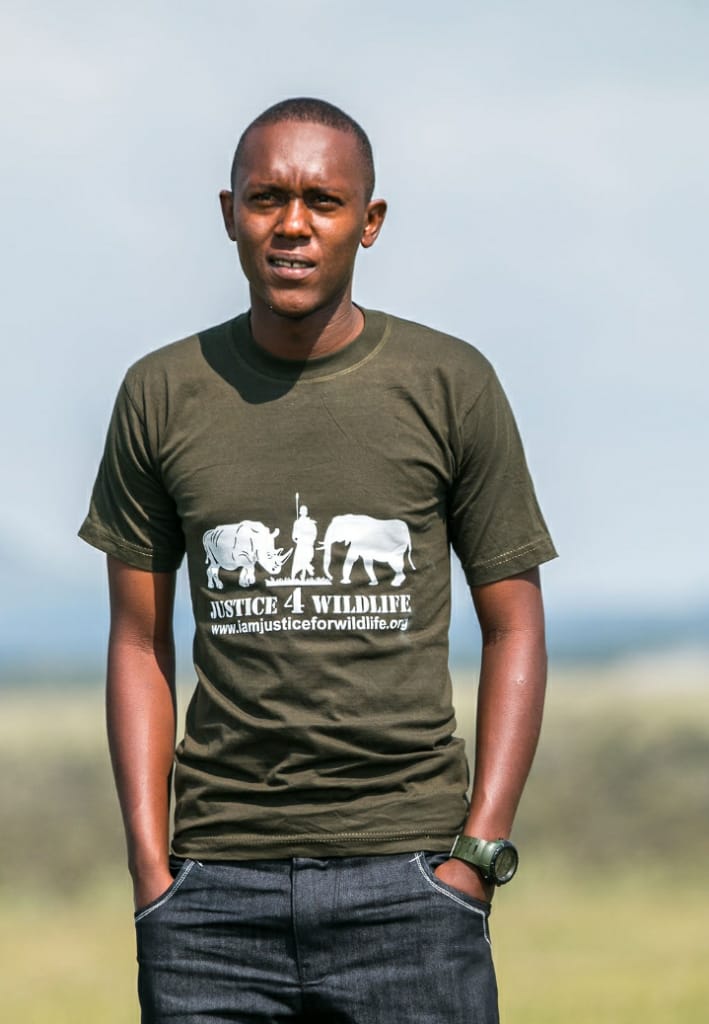By Paula Kahumbu,
I’m often called, or sent messages to help in situations like the destruction of giant trees, diverting rivers, pouring pollution into rivers, poaching, injuries to wildlife, draining wetlands, dredging reefs, and other forms of harm to nature. Very often local residents can address these situations themselves and they will always have the most powerful voices. As Kenya pursues rapid development, mistakes will be made on all sides. As environmentalists we believe in the precautionary principle – this means demanding caution, pausing and review before leaping into new innovations that may prove disastrous. Often the relevant people are not aware and are happy that issues are raised. Always assume everyone is innocent. Here’s how you can take matters into your own hands to defend and protect your environment, which is not just your right but it’s your duty according to the constitution of Kenya.
STEPS TO SUCCESSFUL ENVIRONMENTAL ADVOCACY
1. Verify claims. Visit the site, get evidence in photos, videos, recordings, news clips, interviews, documentation, gather all the research you can find. Identify your allies and the people who can make a difference.
If the complaint is genuine then continue to step 2.
2. If the situation is critical, and has human safety or health implications, immediately lodge a complaint at the local police. Hire a lawyer or engage one of the professional organizations listed below.,
If the situation is not critical to human life, call and write to lodge a complaint at National Environmental Complaints Committee and NEMA including an URGENT request for EIA to check our public participation has been conducted and if mitigation plans have been implemented. All letters must be hand delivered with proof of delivery. All counties have local NEMA officials. Always copy to HQ.
3. Call and write to heads of relevant authorities to express your concern, request information about the issue, and ask for an urgent meeting. Keep all your communications official and polite. Be specific in crafting your complaint – indicate who, what, and when, make a very clear request with timelines. Maintain a file of all your records.
4. Call, visit and write to the offending party/agency to communicate your objection – copy all relevant agencies.
Attend meetings and ask questions to confirm your information or assumptions are correct and concerns are correct, make suggestions. Follow up with letters of minutes and agreed action points. Eg Agency to put out statement. Public participation to be conducted by x date.
IF NOTHING IS DONE AND THE SITUATION IS URGENT GO PUBLIC
5. Launch social media campaign inviting opinions, info, photos. Give the campaign a catchy name, a look and feel, and hashtags. #HandsOffOurElephants, tag all relevant agencies and media.
6. Issue press statement and make a call to action Eg . Save Kilifi Baobabs
7. Launch an online petition and have a clear call to action for a specific person – Eg To Dr So And So, Cabinet Secretary of XYZ
8. Conduct physical demonstration, march, protest (everything you do must be legal, obtain police permission).
9. Repeat steps 2, 3, 4. Take the issue to parliament by asking your MP to raise it on the floor.
NO MATTER WHAT always stay calm and never endanger yourself or your people by either breaking the law, or being rough, rude or vulgar. Always remain professional, polite and credible. If you are threatened, immediately report it to the local police.
If you find huge information was incorrect or exaggerated, acknowledge, apologize for any mistakes, acknowledge any support, thank anyone who takes relevant actions. Remember every issue is a learning. Document and track all your complaints.
Remember, if you want to go fast go alone. If you want to go far, involve others. I always invite other organizations to assist, to share the load sbd to brainstorm.
Here are a few organizations that I really like
Natural Justice on matters involving land degradation
Daima Green Spaces on matters involving urban green spaces
WildlifeDirect or African Fund For Animal Welfare on matters involving wildlife crime.
The Centre for Justice, Governance and Environmental Action on matters involving pollution
Amnesty International Kenya for matters that affect human rights.
About the author
Paula Kahumbu is a wildlife conservationist and chief executive officer of WildlifeDirect. She is best known as a campaigner for elephants and wildlife, spearheading the Hands Off Our Elephants Campaign, which was launched in 2014 with Kenyan First Lady Margaret Kenyatta. She has recently in 2022 been appointed as the first National Geographical Explorer as a board of Trustees member at the National Geographic Society.
Awards and honors (source wikipedia)
- Rolex National Geographic Explorer of the Year June 2021
- National Geographic Buffet Award Winner for conservation leadership in Africa, 2011
- National Geographic Emerging Explorer Award, 2011
- Special Commendation, United Nations Person of the Year Award, 2013
- Order of the Grand Warrior Award, Kenyan Ministry of Environment, Water and Natural Resources, 2014
- Whitley Award Winner, donated by The LJC Fund in memory of Anthea and Lindsey Turner, 2014
- Round Square Idealist
“For most of history, man has had to fight nature to survive. In this century he has to realize that in order to survive he has to protect it.” Jacques-Yves Cousteau Here we celebrate the unsung wildlife heroes in the grassroots doing remarkable work to conserve our wildlife heritage, Get to learn about wildlife from a ranger/ ecologist in Kenya a freelance eco-traveler, experience the diverse cultures and African heritage from the natives and take an adventure to new destinations to learn about rare attractions that are hardly talked about and to top it all up some of the best wildlife photographs that will make you reconnect to your wild side appreciate everything around us and fall in love with the natural world, because “It is not enough to love the natural world; the point is to defend and preserve it.” Edward Abbey
Our wildlife, our responsibility. When it comes to standing up for our wildlife it’s better to be outspoken than unspoken.




